Putin Sees Hope for Economy in Wage Growth, Easing Recession
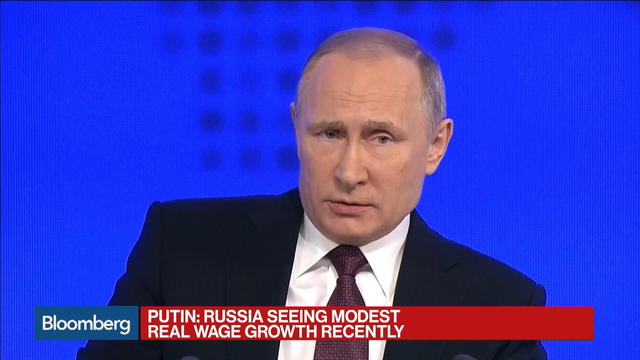
(Bloomberg) —President Vladimir Putin said Russia’s economy is returning to growth and there are signs that real wages are improving as the country emerges from its longest recession this century.
While “of course” economic difficulties remain, a “positive trend has emerged, and in recent months we observe very modest, but still growth in real wages in the real sector of the economy,” Putin said Friday at his annual televised press conference. “That inspires a certain confidence that the movement will be positive in the near term.”
Gross domestic product will likely shrink by 0.5 percent to 0.6 percent in 2016, rather than a previously forecast 1 percent, while the budget deficit will be 3.7 percent this year and is “absolutely acceptable,” Putin said. Some areas of the economy have already resumed growth and there’s “serious” expansion in agriculture of at least 4 percent this year, with the grain harvest expected to exceed 119 million tons, he said.
The world’s largest energy exporter is clawing its way out of a second year of recession. The Bank of Russia forecasts a return to growth in 2017, though it’s warned the economy won’t expand more than 2 percent in coming years without structural reforms. After the recession plunged millions of people into poverty, consumer spending is stagnant even as the ruble has rallied and inflation continues to decelerate toward the central bank’s 4 percent target by the end of 2017.
Income Tax
It doesn’t make sense now to replace Russia’s flat 13 percent personal income tax with a system of progressive rates because it “will lead to tax evasion and budget income will be reduced,” Putin said. While he’d been very skeptical when the flat tax was introduced in 2001, budget income rose seven-fold which allowed for social spending.
The 2016 budget deficit is the widest since 2010 and Finance Minister Anton Siluanov has said any windfall from higher oil prices should be used at least partly to replenish reserves. The government, which relies on energy for 38 percent of budget revenue, has based 2017-2019 spending plans on oil at $40 per barrel.
Russia’s Urals export blend usually trades at a discount to Brent, which was held above $50 per barrel after Russia this month joined with the Organization of Petroleum Exporting Countries and 10 other non-OPEC states in a pact to curb production in the first half of next year. The government may get as much as an extra 1 trillion rubles ($16 billion) with oil at $50 in 2017, Siluanov said earlier this month.


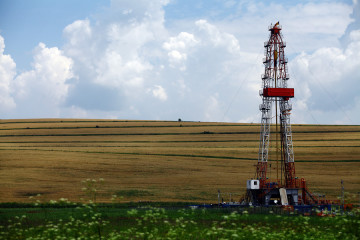
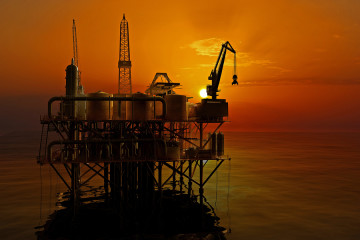
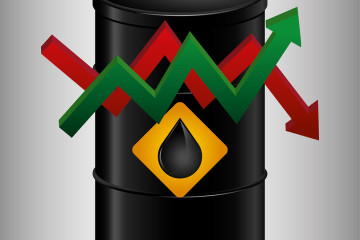
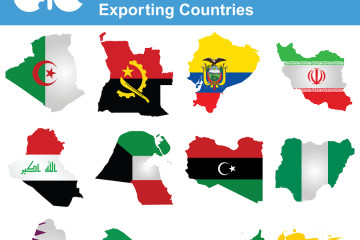

No Comment